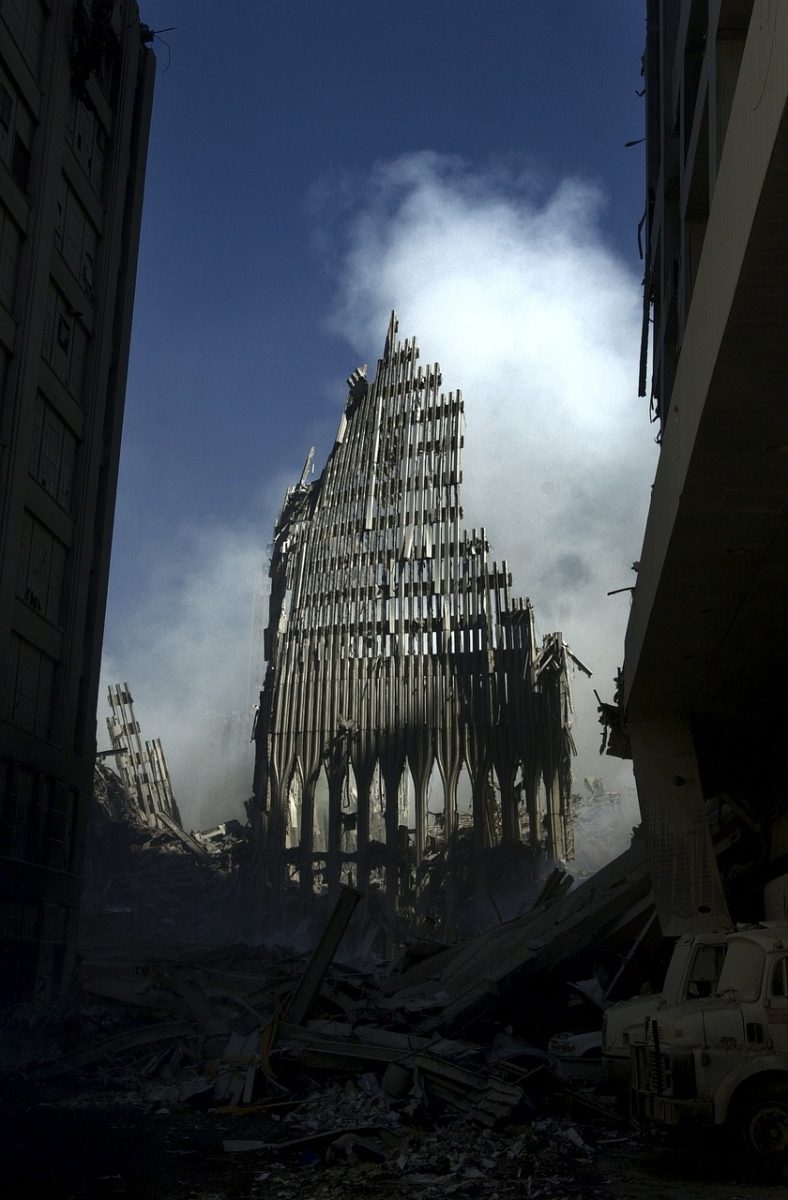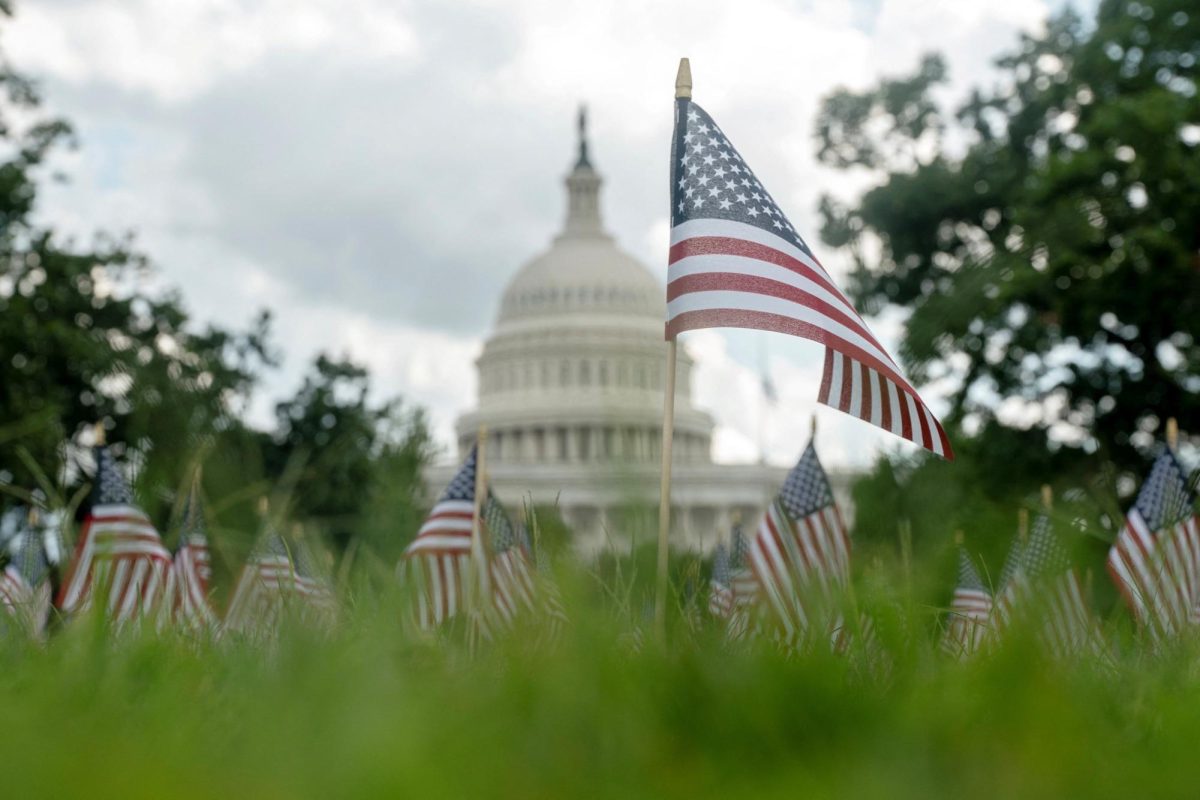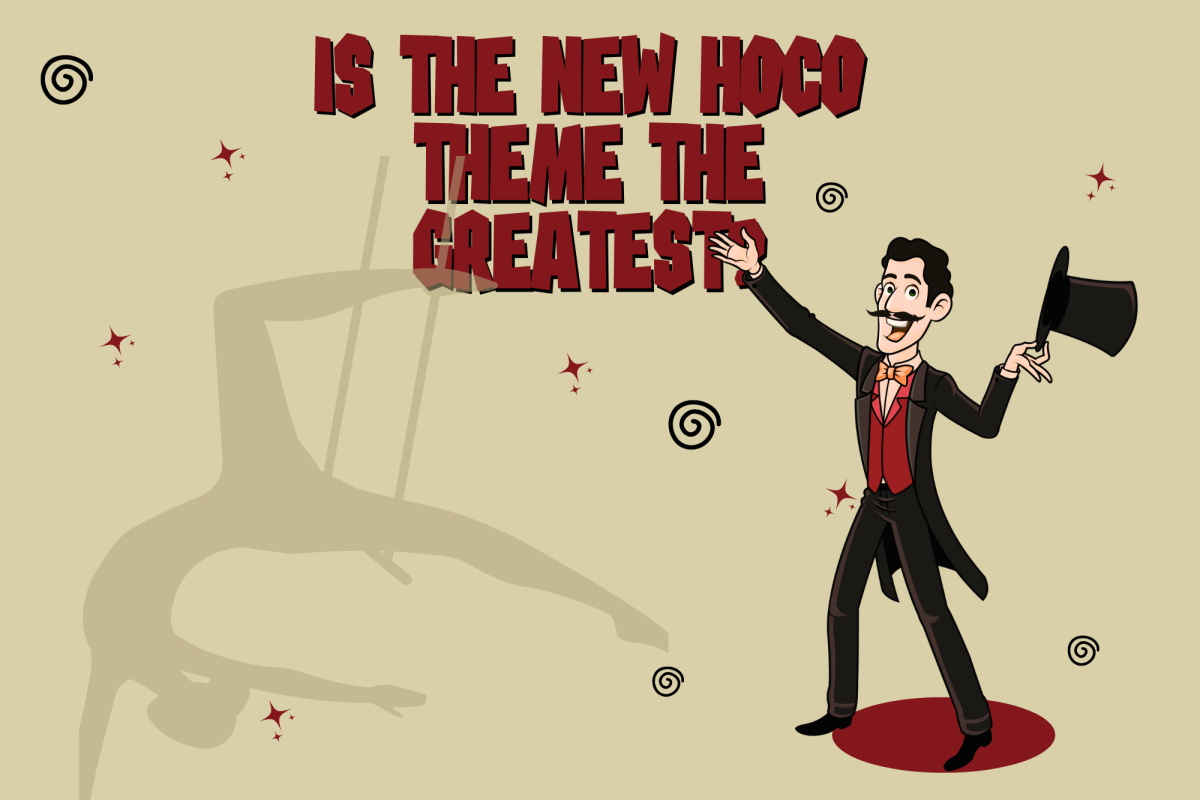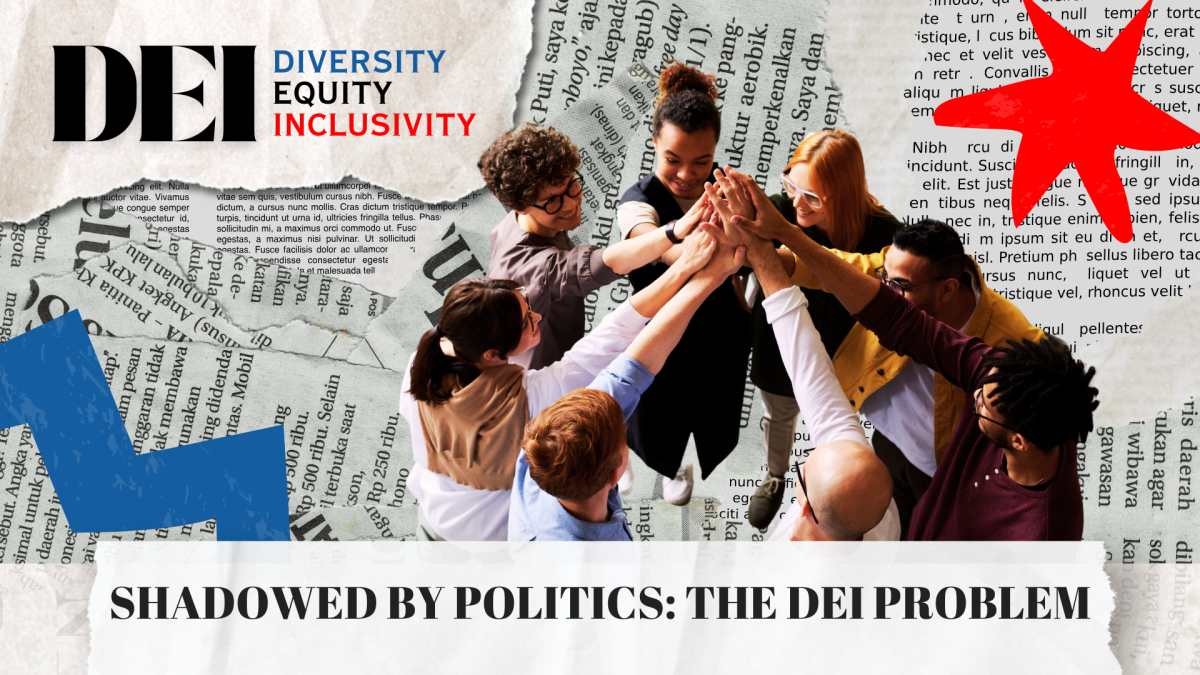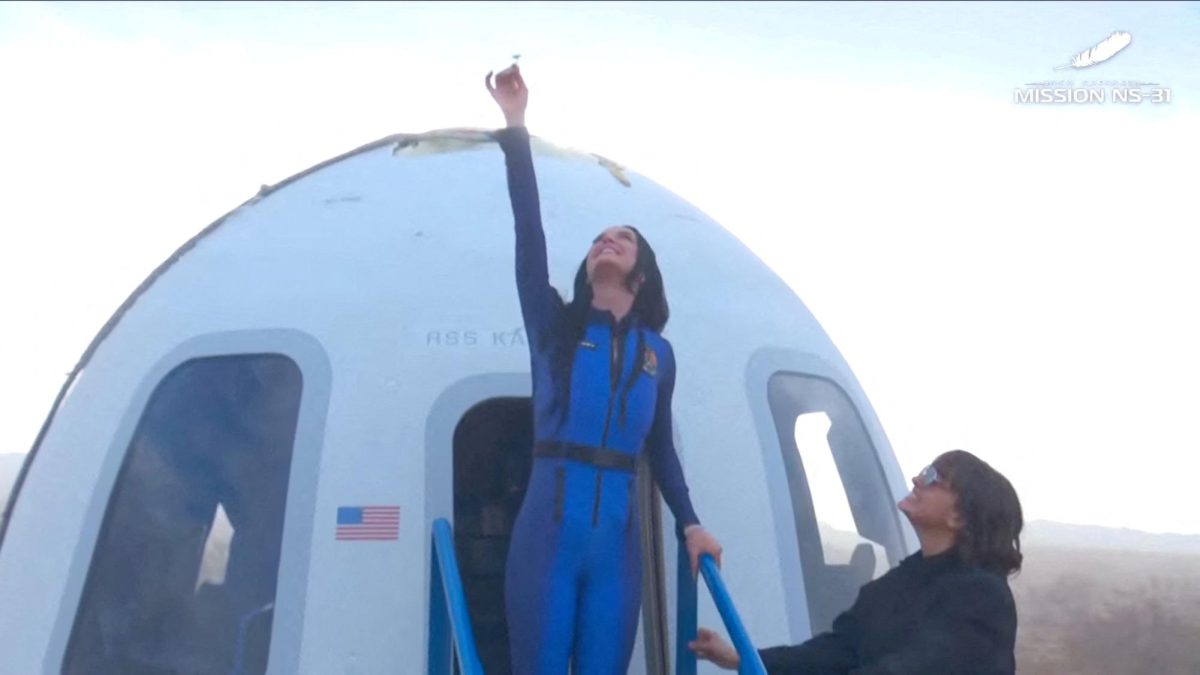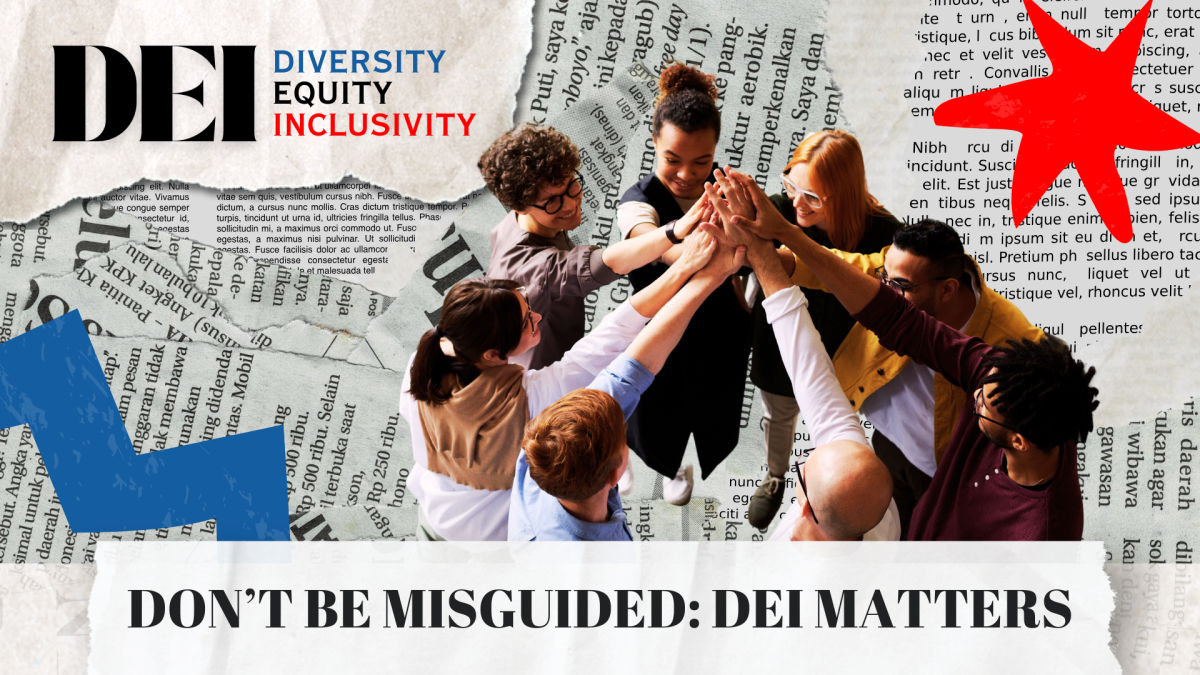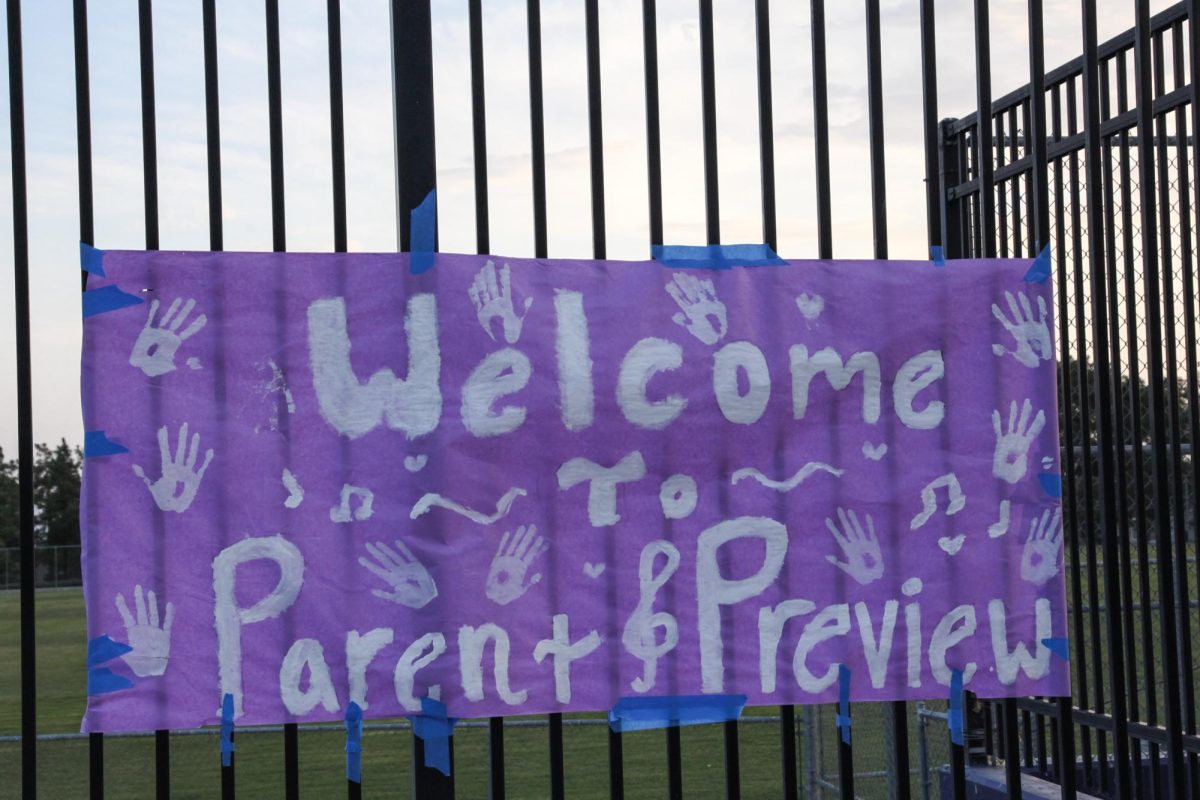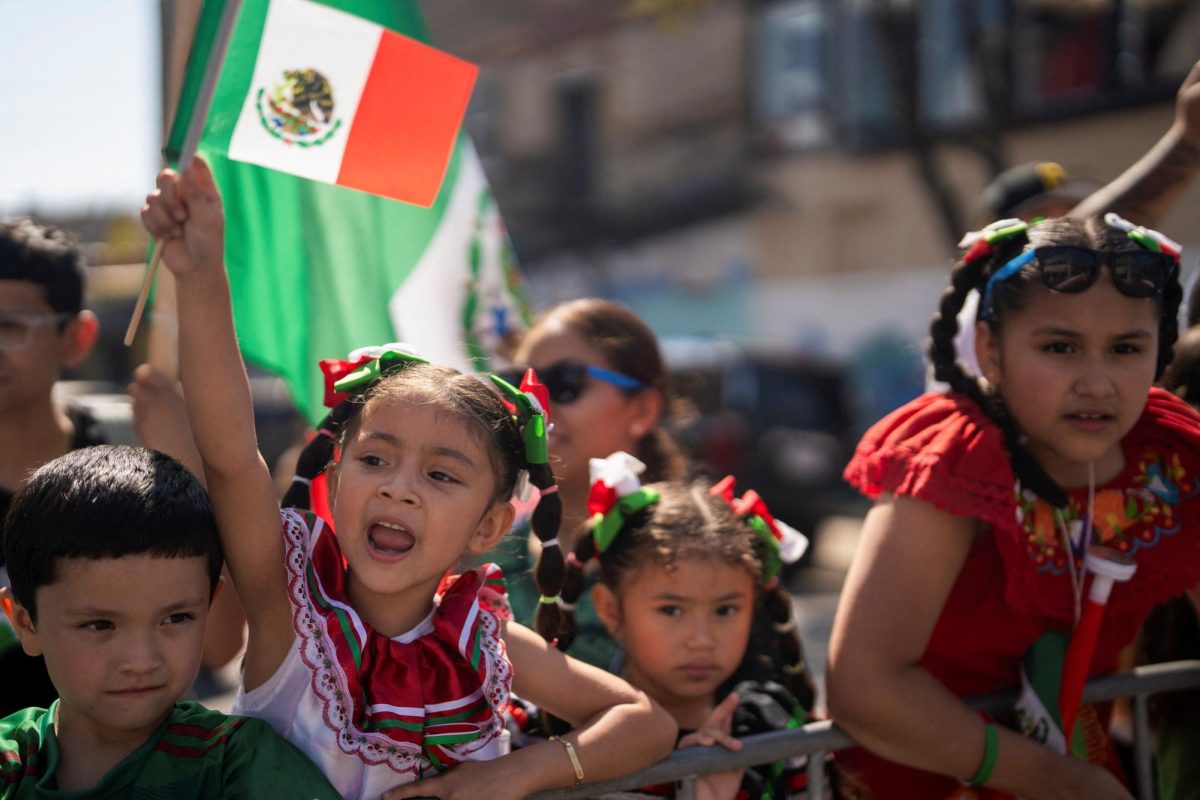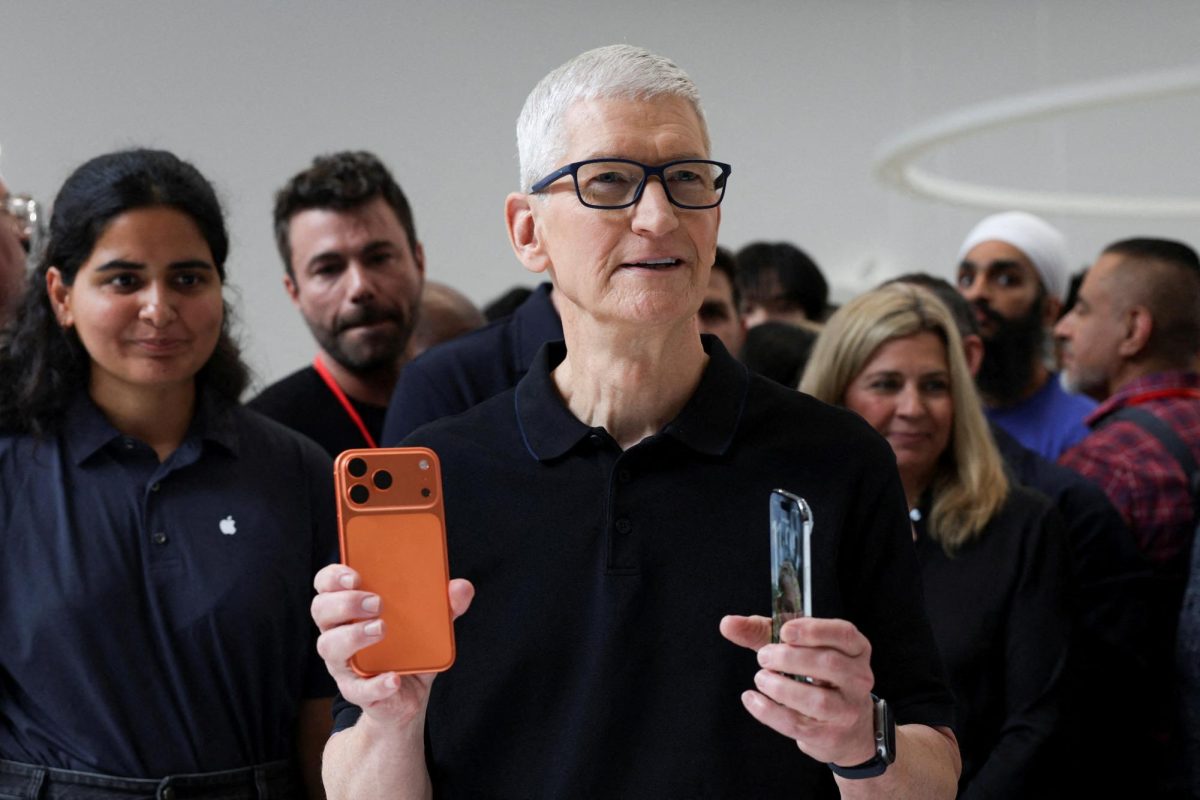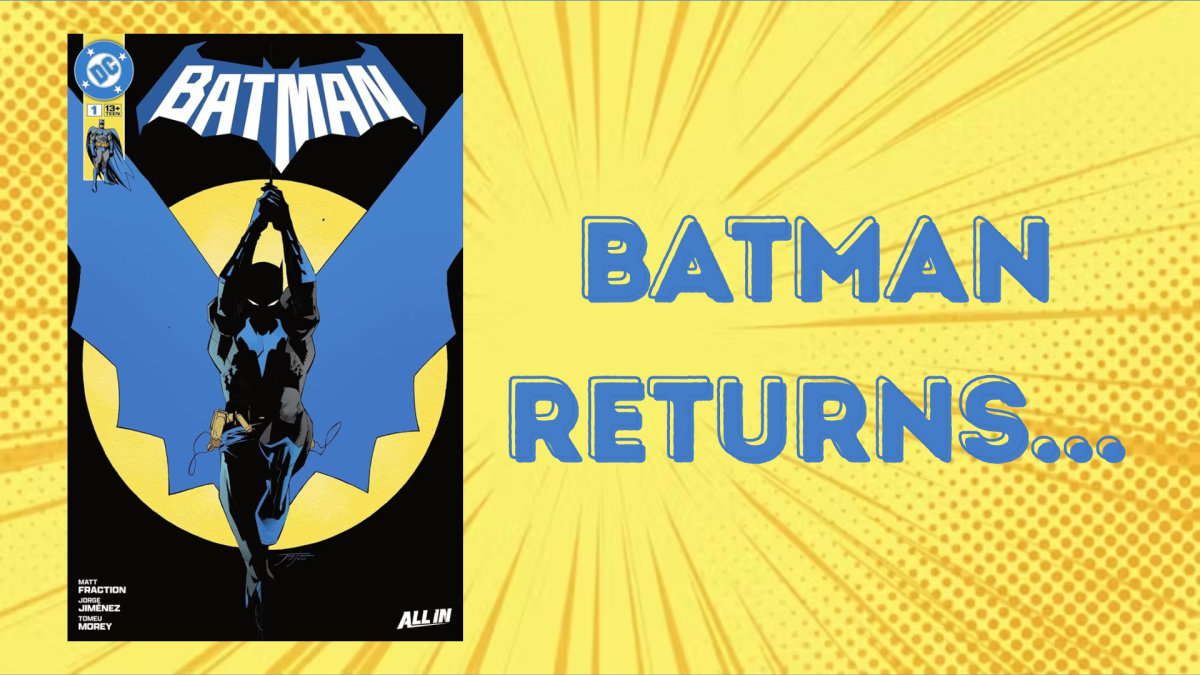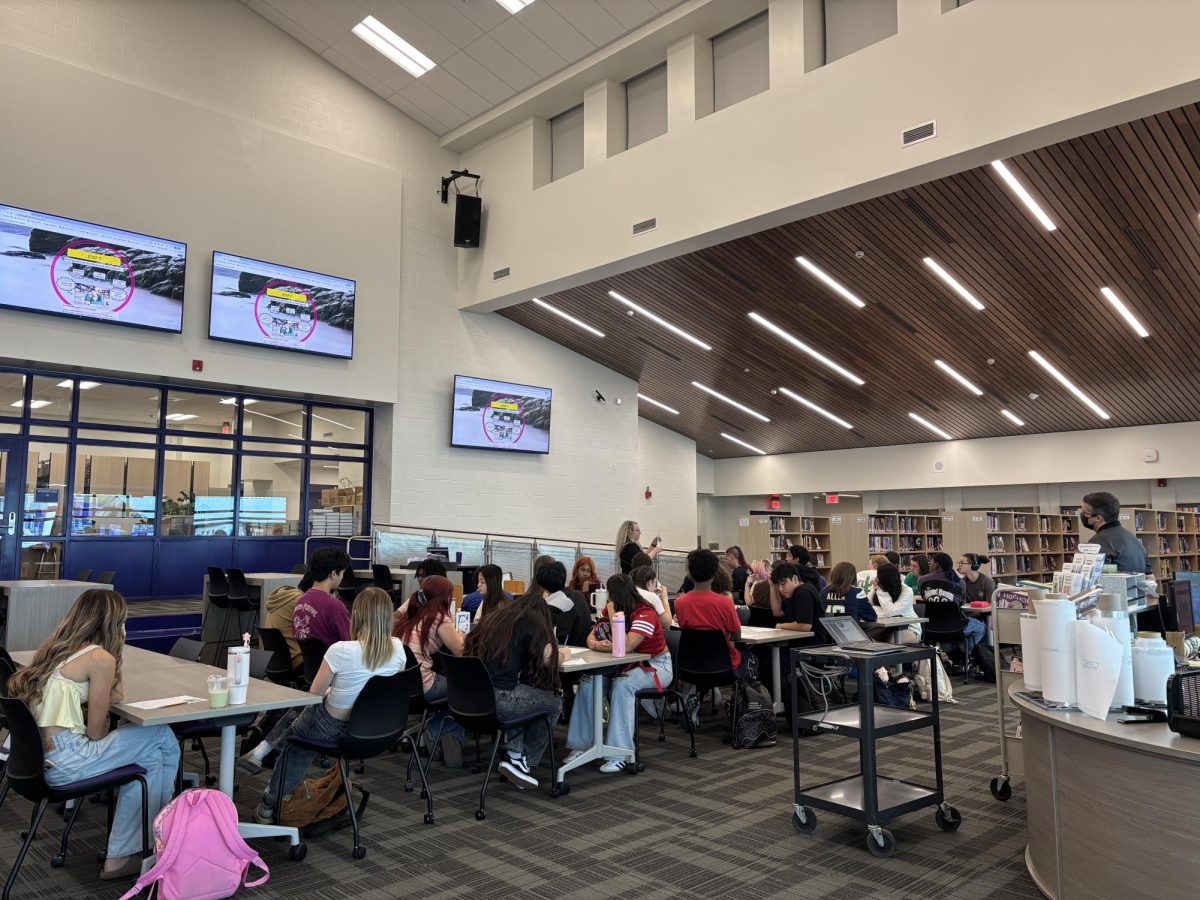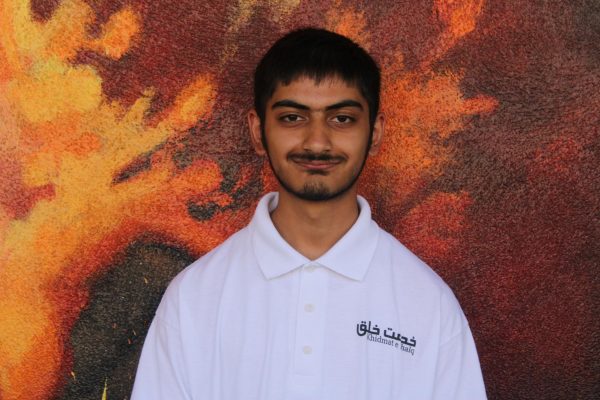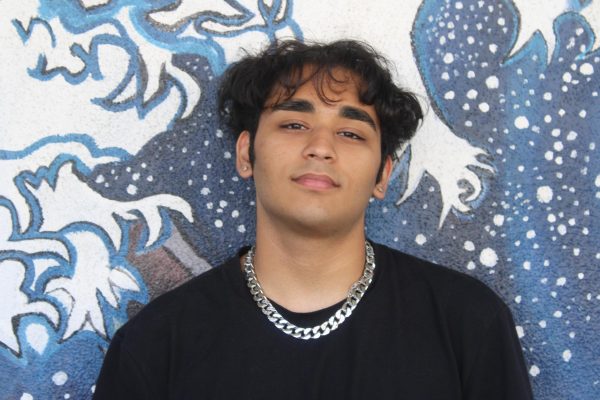The United States of America went through many hardships in the last 247 years. We experienced The American Revolution, The Civil War, the burning of the White House, the Attack on Pearl Harbor, and so much more. We’ve been pushed to the ground so many times, but none of it as hard as the attack on Sept. 11, 2001, in New York and Pennsylvania.
This attack is a major point in American history. Almost 3,000 American lives were lost in the attack. Furthermore, the attack was the second of its kind in US history: we have been attacked in the mainland once before by the British in the War of 1812. During that war, the majority of the White House was burnt down in the process.
However, even after the attack on the twin towers, the American people remained strong -helping those who were displaced and those who were grieving. Today, 22 years later, many people’s perspective on the world has drastically changed, some of which were in a negative manner, whether it was through our increased airport security or travel bans. It can be argued if our nation has changed for better or for worse in the wake of the aftermath.
Airport Security:

With the attack of 9/11, U.S. domestic security has increased drastically to ensure the protection of American citizens. However, this has affected many Americans with South Asian and Middle Eastern descent.
Many Americans began to associate those who were Muslim or had a brown skin color to be considered a terrorist. This led to increased racisism throughout the nation. This isn’t just through our own American citizens, but also through the increased security measures that U.S. enacted.
Oftentimes, those Muslim women who are traveling within the country that wear a burqa are often stopped in security and searched multiple times, even though they don’t actually have any contraband. Burqa is a veil, often black or brown, that Muslim women wear to cover themselves.
Sometimes, those Muslim women are stopped and miss their flight due to the excessive searches for any items.
“There was one time in which I needed to go to Washington for a meeting,” Rancho Cucamonga resident Sadaf Noor said. “When going through [airport] security, I was stopped by one of the guards.”
Noor, who was wearing a burqa at the time of the inspection, explained how although she went through the scan clear, she was stopped by the guards anyways.
Of course, there might be people who use burqas or other items as a means of hiding their contrabands. However, this shouldn’t be an excuse to search others continuously, who are innocent, even though the machine says they have nothing on them.
“By the time they were satisfied with the inspection, I was late and missed my flight,” Noor said. “I had to miss the meeting because of it.”
Travel Bans:
Twenty-two years ago on Sept. 11, 2001, two planes flew into the World Trade Center in New York City. One plane flew into the Pentagon in Washington D.C., and another plane intending to hit the White House crash landed into a Pennsylvania field. Along with the Towers, the dignity of thousands of ethnic immigrants in America came crashing down. As a result of the attack, the following two decades of American history would be spent fighting an imaginary war against innocent and helpless immigrants who came to America from South Asia and the Middle East.
September 11 changed the course of American history; it changed everything for all Americans, as it changed the perspective of our country’s place in the world.
“The world is different; our lives are different,” AP US History teacher Mr. Mark Cruthers said.
Despite the attack being 22 years behind us, Pakistani-Americans and Muslim-Americans still face prejudice and Islamaphobia because of the event.
In Western culture, the stereotype that Muslims are terrorists was heavily propagated after the attacks. This was especially true for Muslims from the Indian subcontinent, where the terrorists behind the Sept. 11 were from. This dangerous and hurtful stereotype easily put anybody classified under it in danger of their life.
According to the Southern Poverty Law Center, in the weeks after 9/11, anti-Muslim hate crimes in the United States spiked, with countless mosques being destroyed as well as many Muslims all around the U.S. facing harassment and, in many cases, receiving death threats just for simply being perceived as Muslim.
Furthermore, according to the Human Rights Watch, “The FBI reported that the number of anti-Muslim hate crimes rose from twenty-eight in 2000 to 481 in 2001, a seventeen-fold increase.”Anti-Muslim hate crime rates have not necessarily decreased entirely since post-9/11 though, as according to research by Brown University, rates have spiked to 500% between 2000-2009.
The United States government has been responsible for enacting numerous controversial laws and actions that, according to critics, have resulted in further discrimination of Muslim-Americans and Desi-Americans.
One of these controversial acts was the USA Patriot Act of 2001, also commonly referred to as The Patriot Act. This act was enacted under 43rd U.S. President George W. Bush and served as a way for the government to input surveillance in an attempt to curb terrorism. The resulting effort was a slew of Islamaphobic policies, like direct surveillance of Muslim centers like schools and Mosques done by U.S. government agents to report their activities. In 2021, some Muslim-Americans took their cases to the Supreme Court.
Another recent example was Executive Order 13769, also called the “Muslim Travel Ban” by critics, passed by the 45th President Donald Trump in early 2017. The Trump administration claimed they passed the order in a counterterrorism effort, however, according to a report completed by the U.S. Department of Homeland Security, the people from the seven Muslim nations that were banned from entering the United States actually posed no increased terror risk. The seven countries that were originally listed on the order were Iran, Iraq, Libya, Somalia, Sudan, Yemen and Syria. Throughout President Trump’s tenure, the ban extended to more countries.
Some Muslims still feel prejudice against them every day throughout their lives just for their religious beliefs.
“I can definitely feel the shift in people’s behavior towards me on 9/11 as if I had some part in the attack, or as if I condone the violence that was committed that day,” senior Noor Muhammad said. “I wish people would take the time to understand the effects of prejudice and racism towards Muslims that resulted from misconceptions and irrational judgments while also mourning and grieving for those lost on 9/11 because it’s unfair to have been labeled as part of a violent attack and movement just for being Muslim and choosing to practice my religion.”
9/11 was truly a horrific chapter in American history, and it can be argued to be one of the worst attacks on American soil. And although we have grown to be more patriotic and have grown closer with each other, America has also grown in its racism towards foreigners. Of course, it is understandable, but is it really all right to show disdain to those who had nothing to do with the attack? In the end, we are all human, and no matter our beliefs or backgrounds, we should all be treated equally and fairly with one another.

